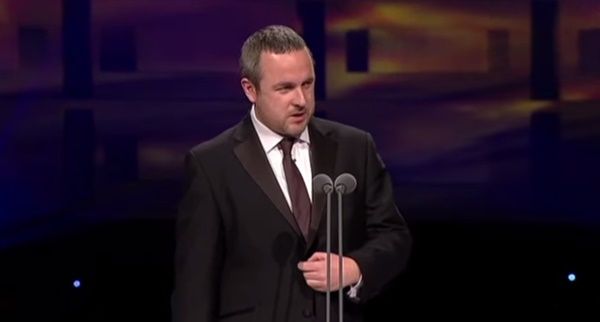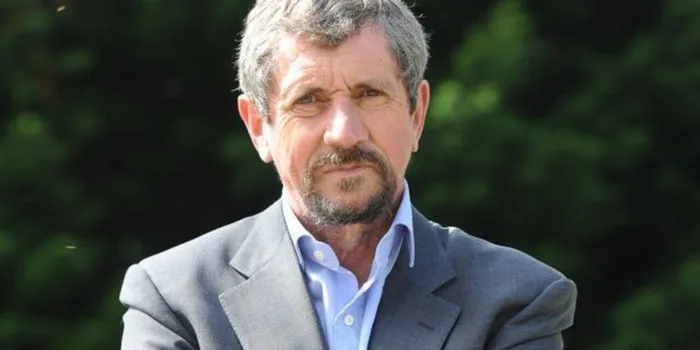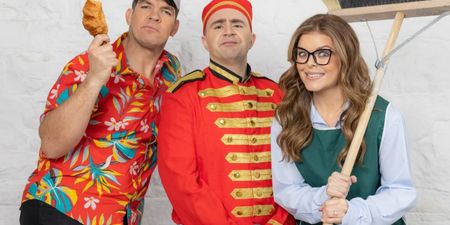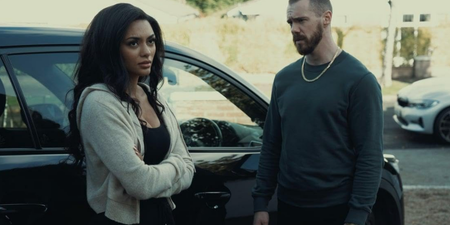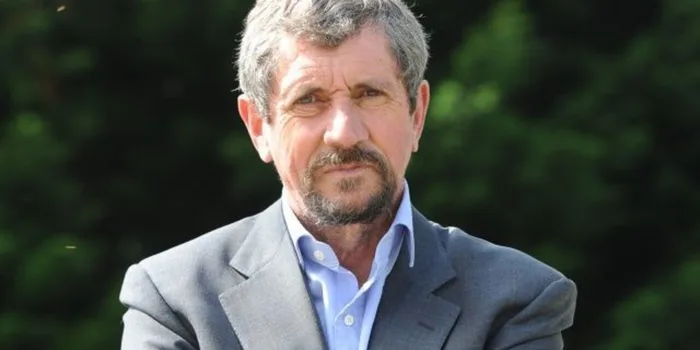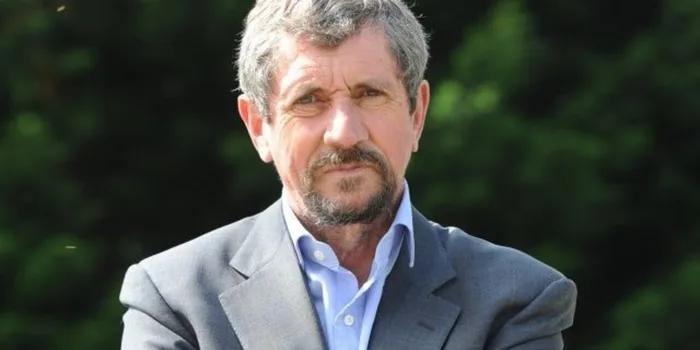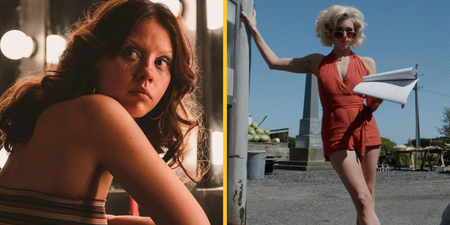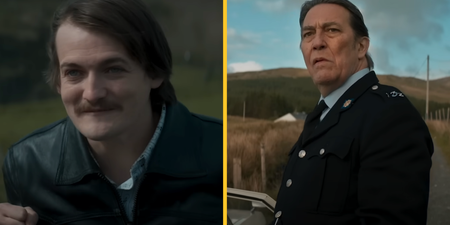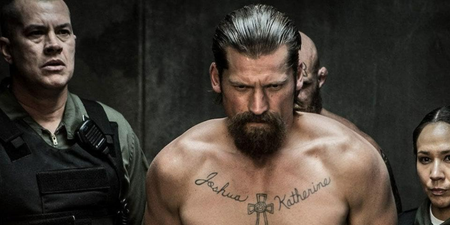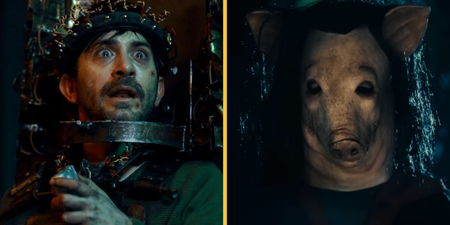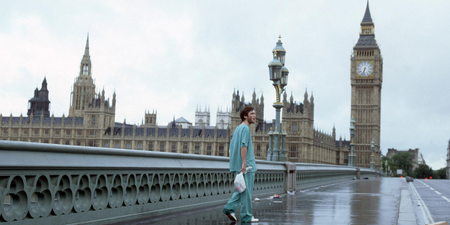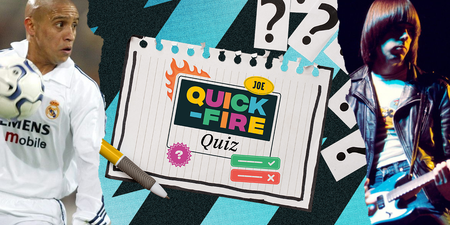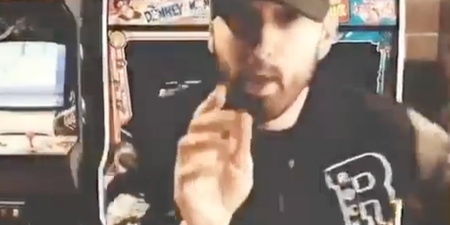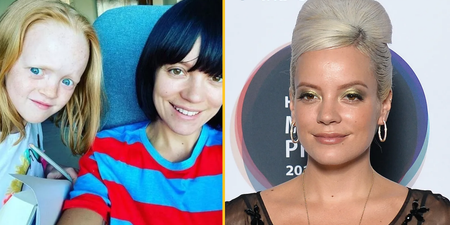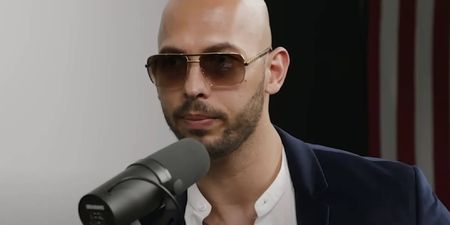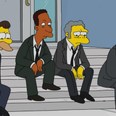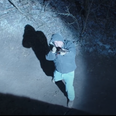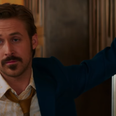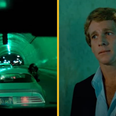Stuart Carolan was in conversation with Eamon Dunphy this week, and he didn’t hold back.
Love/Hate creator Stuart Carolan was the guest on Eamon Dunphy’s podcast The Stand this week, and it didn’t take long for him to make his feelings known.
Carolan’s new show Taken Down received its debut airing on RTÉ One last weekend, presenting the kind of unflinching look at Irish society that the writer has become famous for.
The new show looks at direct provision in Ireland, with that system playing a role in kick-starting the events of the plot as Detective Jen Rooney (Lynn Rafferty) investigates the violent death of a young Nigerian migrant whose abandoned body is found close to a direct provision centre.
Dunphy started his conversation with Carolan days after Taken Down had aired by noting that as a journalist, he felt “very guilty” that he had “ignored” direct provision and its effects.
The host then asked Carolan what he made of the response to Sunday night’s premiere, contrasting positive reviews from critics with “a lot of poisonous stuff” that surfaced on social media.
“There was a great reaction with a lot of people talking about direct provision, and I suppose some of them knew what a horror it was and it brought home to a lot of them, visually and in an emotive way, the horror,” began Carolan.
“At the same time, there was this really sick commentary, just racist commentary, that came up which was very poisonous. You know it’s there, but you’re always shocked at how vitriolic it is.
“It’s always there, there’s a kind of seething bed of it – you see it with the Peter Casey stuff, the anti-Traveller stuff. You see it and you know it’s there but how nasty and vitriolic it is does sometimes shock you about how bad it is.”
Elaborating on direct provision, Dunphy posited that it is a scandal that we will look back upon in years to come as a scandal on par with the Magdalene Laundries.
“This is happening, and watching the drama on Sunday night, I thought, ‘Jesus, I’ve never even dreamt of looking at this.'”
Carolan offered that direct provision is especially shocking given that it was first proposed as a temporary solution back in 1999.
“The system is appalling,” he said.
“It’s appalling that it has gone on so long. It is dehumanising, it’s cruel, it’s this warehousing of people, of families and children.
“We’re just trying to show a little sense of that and what’s interesting about it is that when you talk to people who have been through the system, the effects that have been had on them – especially with children and young people – [are] longterm.”
You can listen to the full interview below.
LISTEN: You Must Be Jokin’ with Aideen McQueen – Faith healers, Coolock craic and Gigging as Gaeilge
